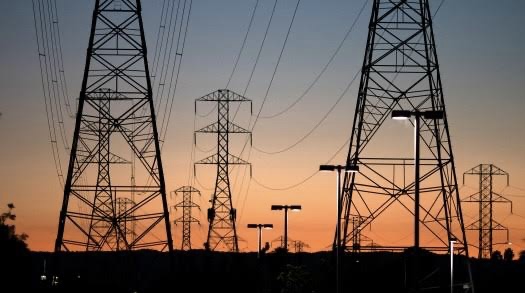KEY POINTS
- FOCPEN dismisses media report alleging 24 states withdrew from electricity market reforms.
- Says all states remain engaged at various stages of implementing the Electricity Act 2023.
- Reaffirms collaboration with federal authorities and private partners to expand access and renewable energy.
The Forum of Commissioners for Power and Energy, FOCPEN, has dismissed reports suggesting that nearly two dozen Nigerian states have pulled back from implementing reforms under the Electricity Act 2023, calling the claims “inaccurate and misleading.”
In a statement signed by FOCPEN Chairman and Cross River State Commissioner for Power and Renewable Energy, Prince Eka Williams, and Acting Secretary Engr. Mohammed Ihiezue Abdulmutalib of Kogi State, the group said the report published by The Guardian on September 23 “does not represent the true position of Nigeria’s subnational governments.”
According to the forum, the publication wrongly alleged that 24 states were reconsidering their participation in the newly liberalised power market due to uncertainty around tariffs and accumulated sector debts.
“Contrary to the impression created, no state has withdrawn or reversed its commitment to electricity market reforms,” the forum stated. “In fact, more states are deepening engagement with the opportunities created under the Act — from drafting enabling laws to setting up regulatory commissions and designing local power markets.”
A Slow but Steady Reform Process
FOCPEN noted that the transformation of Nigeria’s electricity sector is a “journey, not an event,” stressing that progress is being made steadily as states adjust to their new regulatory powers.
“The Electricity Act has opened a new chapter for Nigeria’s power market — one that demands patience, collaboration, and structured reform,” the statement continued. “States are moving at different speeds based on their internal frameworks, but the momentum is firmly forward.”
The forum also urged journalists to report responsibly on energy reforms, emphasizing that misrepresentation could discourage private investors and undermine public confidence in decentralization efforts.



